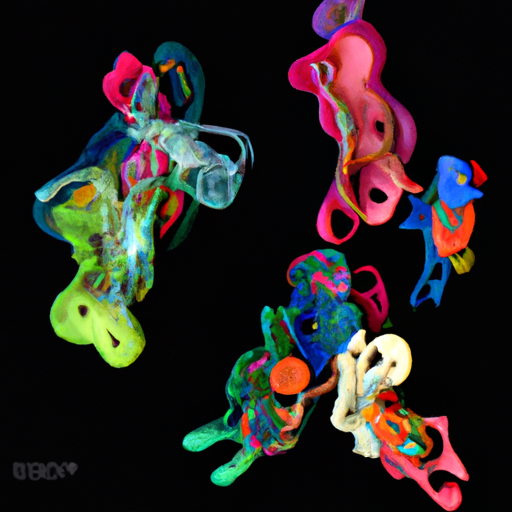The Power of Placebos: How Beliefs Shape Our Reality
Introduction
In a world that is increasingly interconnected, the power of belief has taken on a whole new meaning. We are constantly bombarded with information from various sources, making it crucial to discern between fact and fiction. However, the phenomenon of placebos has shown us that belief can have a tangible impact on our wellbeing, regardless of its validity. Moreover, the spread of these belief systems has become easier than ever before, thanks to the proliferation of digital platforms. In this article, we will explore the intriguing world of placebos, how they work, and their influence in modern society.
Understanding the Placebo Effect
The placebo effect is a fascinating paradox: the belief that a treatment or intervention is effective can lead to tangible improvements in a person’s health, even if the treatment itself is inert or lacks a scientific basis. This remarkable phenomenon has been observed in numerous clinical trials and highlights the power of our minds in shaping our physical experiences. When we believe that a sugar pill is a potent medication, our bodies respond accordingly, triggering a cascade of physiological responses that can alleviate pain, reduce symptoms, and improve overall well-being.
The Influence of Belief
Our beliefs are not formed in a vacuum. They are influenced by the people around us and the information we consume. In the past, mainstream ideas held sway due to limited channels of communication. However, in today’s digital age, the proliferation of social media and online communities has given rise to an unprecedented number of channels, making all beliefs feel equally valid. We now have the ability to curate our reality by surrounding ourselves with like-minded individuals who reinforce our beliefs, leading to the amplification of the placebo effect.
The Rise of Fringe Placebos
While the placebo effect has the potential to improve our well-being, it can also be exploited for profit. Figures like Mehmet Oz, with their mainstream reputations, have used mass media to legitimize fringe placebos and turn them into profitable ventures. This combination of influence and profit-driven motives can lead to a dangerous exploitation of people’s beliefs. It is essential to be discerning consumers of information and understand the underlying motivations behind the dissemination of certain ideas.
The Power of Media and Cultural Inputs
The choices we make in terms of the media we consume and the communities we engage with play a significant role in shaping our beliefs and overall well-being. We are not passive recipients of information but active participants in constructing our reality. Therefore, it is crucial to critically evaluate the sources of information and be mindful of the echo chambers we create for ourselves. Surrounding ourselves with diverse perspectives can help challenge our beliefs and prevent the spread of misinformation or harmful fringe ideas.
Conclusion
In a world inundated with information, the power of belief has become more important than ever. Placebos, despite their lack of medical efficacy, have demonstrated the undeniable impact of belief on our well-being. However, this power can be both a boon and a curse. We must navigate the vast sea of information and carefully choose our influences to ensure that our beliefs are grounded in reality. By fostering a culture of critical thinking and embracing diverse perspectives, we can harness the power of belief to create a better future for ourselves and society as a whole. Remember, what you believe matters, and it has the power to shape your reality.

